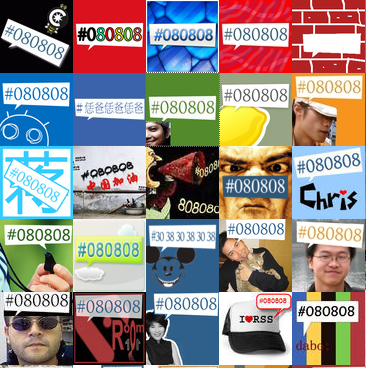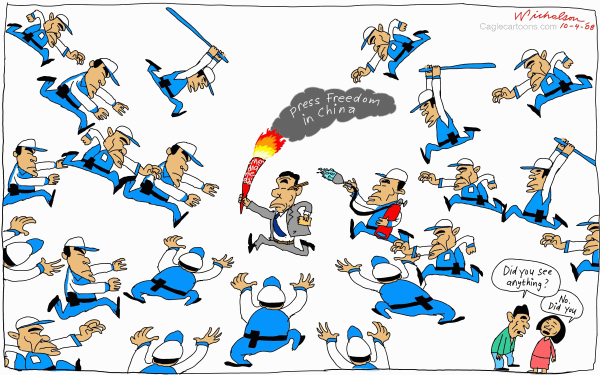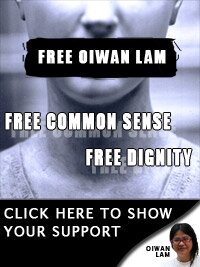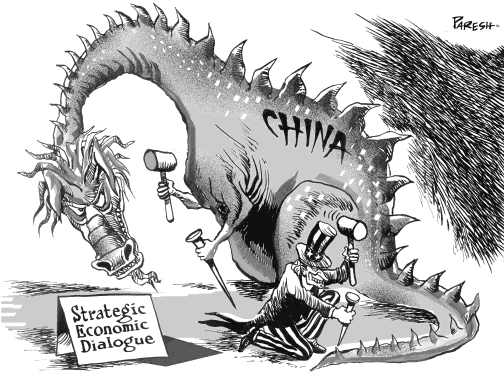Chinese Twitter and the #080808 Twolympics
A 4th year Chinese student in IT dropped by today and laughed at me spending as much time delighted by news appearing on my i-Phone as on the television. It took a long time to explain to someone, who isn’t even allowed a TV in his dorm or access to much outside of the school intra-net, that I was (insert wry smile here) “riding a wave into the future of social media” I was “tweeting” a story about an Olympic medalist friend of mine and realized that the student was not even alive when my buddy won his cache of medals. But, I am lucky enough to stay young and trendy (2nd wry smile goes here) because I play in the social end of the web’s information pool.
I have virtually stopped using my RSS news readers since social media ‘s soup of the day, Twitter, saw its user base explode in recent months. I get sent (tweeted) dozens of links a day that I dutifully follow to viral fun and even breaking news that might not have reach me via email alert for several more hours.
I have also have made a host of new “friends’ around the globe. The blogosphere, before I slowed down my postings, brought me almost daily into a cohesive network that connected me to dozens of like (and not-so-like) minds in China and elsewhere. Debate, helpful web information, coping strategies and places for fun and personal development appeared in ping-backs, linked posts and comment threads that I would discover via statistics programs, and aggregation tools like Technorati.
These days most of the news, reviews and acerbic boos I track are first broadcast in real time over Twitter, Friendfeed and Facebook. And yesterday’s (a way to view aggregated info on a single topic) during the Olympic Opening Ceremonies was just straight-up fun! David Feng, the hardest working tweeter in the business, did a better job at translations, and commentary than did any of the newscasters on CCTV or Pearl (HK). Kaiser Kuo, Paul Denlinger, Thomas Crampton, China Buzz (from the news center), Rebecca MacKinnon, Papa John. , Marc (from inside the stadium), , and a host of others joined the creators, like , of a phenomenon that was and is by turns funny, wonderfully irreverent, informative and better at fashion critiques and obscure celebrity sightings than (insert the dubious catch of Canadian language geek DaShan walking with the Canuck team) is Perez Hilton’s army of snitches. And they do this while character-cuffed to 140 (133 if you count the hash tag) keyboard ticks a tweet.I think having to compress thoughts quickly and concisely forces you to write free of your normal subjective shorthand and makes for unusual candor and sometimes great comedy: Cyber-Haiku.
Intermittent breaking news about the Hurricane near the US and the deeply disturbing report of a Russian attack on the Georgian capital was woven into observations being made during the parade of nations. If you were following along, you did not want for flash bulletins on anything of importance inside or outside the venue.
You can follow, or join in, on the micro-madness (you are gonna need to draw on that course you took in speed reading) here at #080808, view some of the icons, and click on them to follow folks, created for the ongoing funomenon here: Icons
And just so you know that the rumors of traditional media being dead are truly and greatly exaggerated: The organizers and participating Chinese-Tweetlandians were humbled and impressed by a mention in The Times where, if you want the skinny on the people and reasons for all of this you “can read all about it” here: Chinese Tweeters Celebrate Olympics With #080808 – NYTimes.com
As veteran film producer/director, and wholly addicted tweeter, Siok Siok Tan broadcasted last night: “Twitter is fun again!!” Yes, that and a lot more….
Sorry, I need to go now and tweet that I wrote this story….
Beijing,Beijing Olympics,China Cartoons,China Expats,China Humor,China Olympics,China Sports,China web 2.0,Chinese Education,Chinese Media,Faceboook,Hong Kong,Humor,In the news,Intercultural Issues,Personal Notes,SEO,social media,Twitter,中国


 The original Scopes “Monkey Trial” was a test of a 1925 bill passed in Arkansas that forbade any doctrine from being taught that opposed divine creation as expressed in the Christian Bible. Scopes, a teacher, was accused of teaching evolution. At that time, and even today, many people like the just-departed
The original Scopes “Monkey Trial” was a test of a 1925 bill passed in Arkansas that forbade any doctrine from being taught that opposed divine creation as expressed in the Christian Bible. Scopes, a teacher, was accused of teaching evolution. At that time, and even today, many people like the just-departed 




